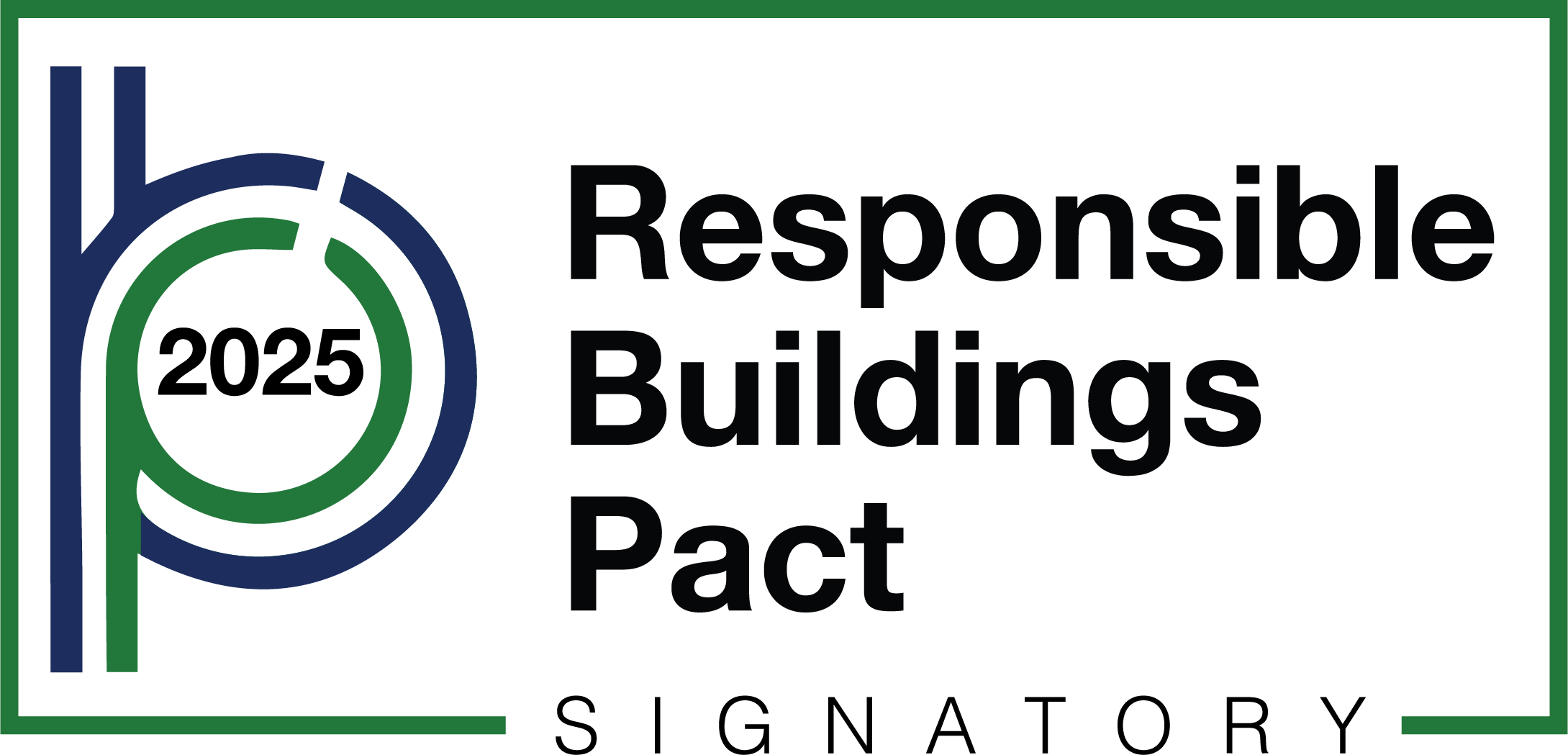Sign up for our Building Science Digest
Receive insider tips, help navigating new building codes, industry news and more!

Air tightness testing of large commercial and residential buildings is a common practice required for low carbon, near-zero, compliance with building energy codes such as the 2020 NECB or Municipal Green Development Standards e.g. Toronto Green Building Standard and volunteer efficiency building programs like LEED® and ENERGY STAR®. Across Canada, many provincial building codes will soon require air tightness testing of large buildings before occupancy.
Air tightness testing informs building designers on how much air is escaping in and out of a building through unseen holes. Through testing, a building air leakage curve can be created to determine how a building reacts to natural and mechanical pressure differentials. Induced pressures are generally caused by:
Preservation of the building enclosure by limiting moisture transport via air leakage
Improved energy efficiency, lower utility costs, and operational costs for the building's lifetime
Lower heating and cooling loads, reducing the sizing of HVAC equipment and ductwork
Greater occupant comfort through minimizing drafts, noises, and odours from exterior and adjacent zones
Reduce the need for costly adjustments during building construction
Insights and data on how to:

Reduce the need for costly adjustments during building construction
Insights and data on how to:



Apartments, condos, and stacked townhouses

Hospitals, schools, etc.

Theaters, concert halls, and sports arenas

Shipping and data centres, manufacturing plants, and warehouses

Hotels, resorts, and conference centres
Below you can find a few of our recent testing projects, along with services provided and some test scores and insights.
The short answer is anytime but here are the typical triggers or milestones that prompt our clients to request large building air tightness testing:
Design strategy development intended to comply with building energy codes such as the 2020 NECB or Municipal Green Development Standards e.g. Toronto Green Building Standard
When participating in programs like LEED®, WELL, Net Zero and ENERGY STAR®
Construction phase
Before occupancy
As part of commissioning
After significant renovations or retrofits
Following weatherization measures
Before energy efficiency upgrades
In response to high energy bills or comfort complaints

We have an extensive inventory of air tightness testing equipment and can test according to the following standards for large buildings:
Below are some of the various building codes and programs we provide testing for:
In addition to whole-building air tightness testing, we offer testing of air leakage resistance and water penetration resistance on installed windows, doors, and curtain walls. Similarly with testing whole buildings, this testing is performed under controlled pressure differentials between a test chamber around the component and the outside. It uses specialized equipment to simulate real-world conditions, including a calibrated spray rack, pressure measurement meter, and variable speed blower.
This testing is typically performed on a sampling of assemblies as part of a project’s Quality Assurance measures and follows standards such as ASTM E783 and ASTM E1105. Air and water leakage at windows and doors is a leading cause of moisture-related issues in buildings. Quality assurance testing during construction helps detect these problems early and provides a more complete view of building envelope performance.


Calculate your way to savings with this web-based energy savings calculator for building envelope air tightness from Oak Ridge National Laboratory.
Start Calculating“We rely on Building Knowledge for all commissioning and verification of all Great Gulf low-rise projects. This includes all airtightness testing and all pre-development energy modelling on drawings for permits. Building Knowledge also provides in-house training for service, sales staff, and construction on the benefits of how to build, sell and service energy-efficient homes.”






